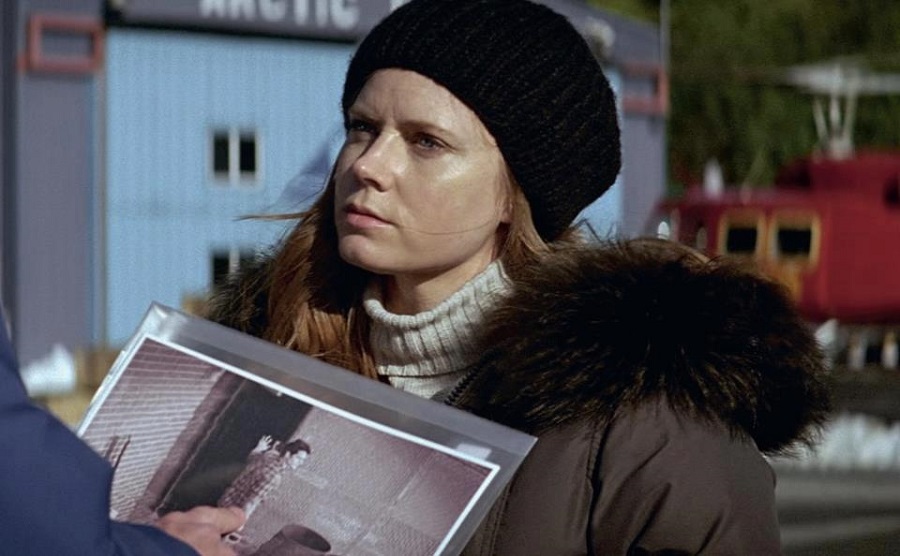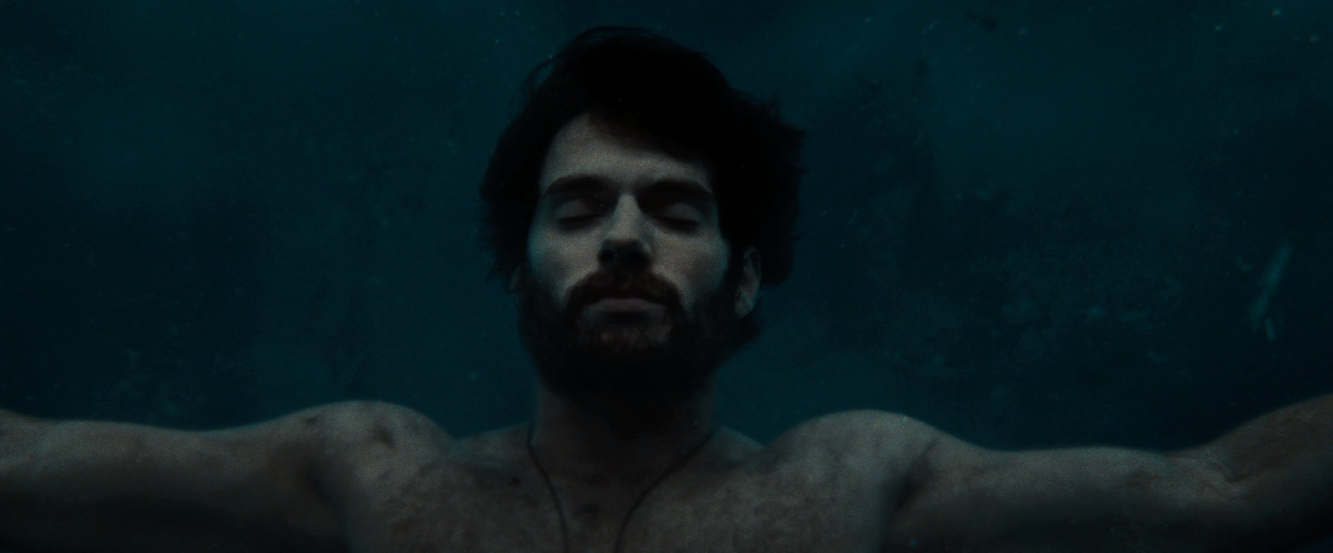by C. Christopher Hart
The first part of this review is spoiler-free.
Gravity is the best science-fiction film in decades. In spite of our regular diet of 3D, big budget spectaculars, we don’t get many honest-to-goodness science-fiction films. Most popular movies that take place in outer space should be called “science-fantasy.” If you are hearing sound effects and explosions in the dead of space, you are watching “science-fantasy.” Gravity does, according to Neil DeGrasse Tyson, head of the Hayden Planetarium in New York, bend quite a few rules of physics, but even he admits, via Twitter, to enjoying the film “very much.”
 |
| Dr. Ryan Stone (Sandra Bullock) |
You should not only see this film in theaters, I also strongly encourage you to see it in 3D. One of the reasons we American moviegoers tend to prefer superheroes and Jedi Knights in our entertainment is the spectacle they bring with them. There’s lots of explosions and very unlikely violence. This is fun, but it’s not to be confused with anything too consequential. Director Alfonso Cuaron is no stranger to this sort of fantasy filmmaking, having directed the only watchable edition of the Harry Potter series (2004’s Harry Potter and the Prisoner of Azkaban). He manages to create a 3D film that uses the medium to its full potential. Gravity is a fully immersive film experience, bridging the gap between the adrenaline rush of a Hitchcock thriller and the visual daring of James Cameron. It approaches, but does not surpass, Kubrick’s 2001: A Space Odyssey; the fact that I can even make that statement with a straight face should give you an idea of how much I respect what Cuaron has achieved.
 |
| Commander Matt Kowalski (George Clooney) |
Before I talk about the movie itself, a quick plea… bring kids to see it. I think it would be nice if kids wanted to grow up to be astronauts again. I know it’s PG-13 and there are swears in it, but it’s nothing your little angels haven’t heard before when you stub your toe or burn your finger. Considering what Sandra Bullock goes through, I’m surprised she didn't say more. If it were me, I would eventually have Mission Control asking me to lay off the f-bombs.
Here beginneth the SPOILERS…
 |
| She is not having a good day! |
Gravity is an action film, to be sure, but it never insults your intelligence. It places exceptional people in extraordinary circumstances. In the film, debris from a destroyed satellite wreaks havoc upon billions of dollars of space exploration equipment. Initially, the debris field cripples the Space Shuttle Explorer, sending Bullock’s character, Dr. Ryan Stone, hurtling through the void. After being rescued by the Shuttle’s pilot Matt Kowalski (George Clooney, giving a charming performance as a veteran space cowboy), via his jetpack, they return to find the rest of the crew dead and the Shuttle in no condition to return to Earth. The next option, with oxygen and the thrusters depleted and lack of radio leaving them “in the blind,” is the International Space Station. Unable to guide their approach, Kowalski is forced to sacrifice himself so that Stone, who has a tentative grip on the Station, can save herself. Truly alone, Stone is forced to rely on her wits, skill, and training to get back to Earth or die trying.
Quick note: if "Houston in the blind" doesn't replace "Houston, we have a problem" as a national catchphrase, there is no justice.
The casting of Sandra Bullock, one of America’s best-known film actresses, is a stroke of genius, on par with Hitchcock’s exploitation of James Stewart. Bullock is vulnerable in a way that few Hollywood stars allow themselves to be. While I have no doubt that there are a number of actresses could have given life to Dr. Stone, Bullock brings an eerie teetering between hope and hopelessness to the astronaut. World-weariness has rarely been so literal; after her young daughter’s death in a freak accident, Dr. Stone joins NASA and leaves the planet altogether. Unlike the happy-go-lucky Kowalski, one gets the feeling that Stone is genuinely running from something. Bullock allows herself to go to a dark place, and we follow her. This isn't like Jimmy Stewart in Vertigo, but it’s a cousin to that depiction of a broken human spirit. Dr. Ryan Stone isn't fully connected to the human race at the start of the film. As her adventure unfolds and will to live is challenged, she finds that spirit once again and makes peace with her demons. There is already talk that Sandra Bullock will be looking at gowns come awards season, and I see no reason not to consider her a strong contender.
 |
| Clooney, Bulock, and director Alfonso Cuarón |
Cuaron, though, is the true star of Gravity. In trusting that his audience is sophisticated and hungry for this kind of spectacle, he creates the foundation of the latest leg of his career: director of intelligent blockbuster films. In making the decision to infuse the film with humor both dark (a floating Marvin the Martian figurine joins the bobbing corpses of astronauts) and goofy (Stone has no access to Earth via radio for most of the film, barring a brief exchange with an Inuit fisherman and his dogs) and even metatextual (casting Ed Harris as the voice of Mission Control), he demonstrates that he is a warrior against the lowest common denominator. Finally, in giving us this film, he opens the door for filmmakers looking to bring intelligence back to action, thriller, and science-fiction films. People have felt physically and emotionally exhausted by this film, as if they went through it themselves. If that isn't movie magic, I don’t know what is.
On a final note, I wanted to remark on the irony of the fact that the #1 film in America during the United States’ first government shutdown in 17 years, features almost exclusively government employees behaving in heroic and selfless manners. That might not mean much to someone reading this five years from now, but it sure feels good tonight.








